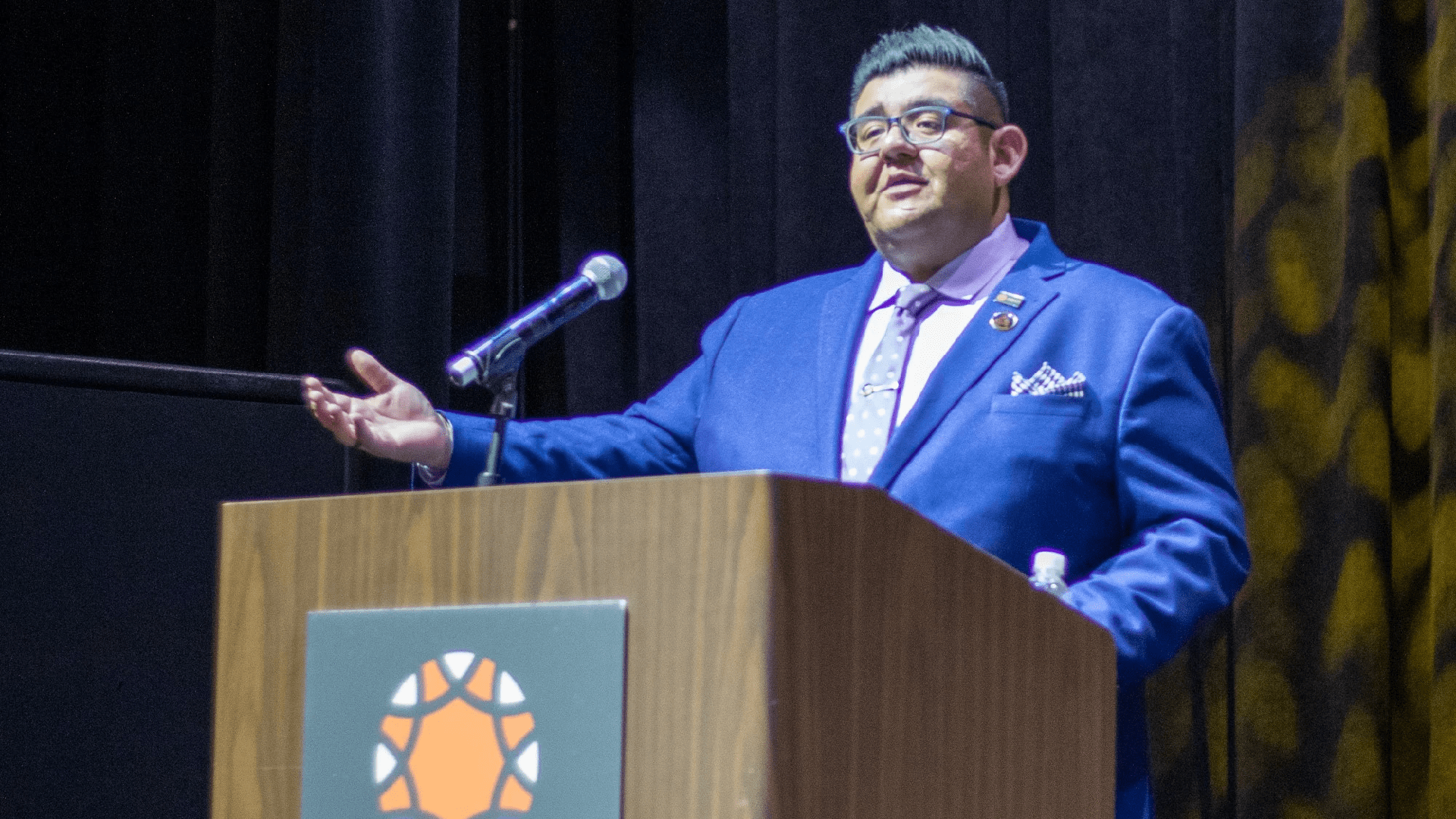
New Jersey Launches Year-Long Initiative for Responsible Gambling Awareness
As legal sports betting gains traction, the New Jersey attorney general launches a campaign to promote responsible gaming. The $300,000 program, led by the marketing firm Marketsmith, aims to target online ads during big-time sports events and encourages users to use the self-exclusion and responsible gambling options that online operators offer.
The Attorney General of New Jersey Starts a Campaign for Responsible Gaming
At talks held as part of the problem gambling awareness campaign, Matthew J. Platkin, the top legal official for Mercer County, suggested April as a timeframe to stress the risks associated with problem gambling and responsible gaming habits. In addition to raising awareness of the effects of compulsive gambling, Platkin's campaign clarifies the importance of deploying additional resources to account for responsible gaming behaviors. Having invested a great deal of time in this issue, he believes that problem gambling must be addressed immediately, particularly in light of the recent surge in sports betting.
Platkin stressed the importance of providing resources and other forms of support to people who are battling with gambling. The term refers to a poison that targets the lifestyle technological component. He invested many hours in building a website about the gaming industry, believing it would lead to the development of the "gambling toxin." The goal of the promotion is to raise public awareness of the beneficiary office and its staff, who are committed to helping those in need by collaborating closely with other partners and adhering to ethical gaming practices.
Platkin's insight confirmed that legal gambling has entered the mainstream without having any negative effects on people's health who don't struggle with gambling addiction. Giving this population segment options and assistance is even more crucial. First and foremost, it's crucial to create preventative measures like strategies for disaster preparedness and guaranteeing sufficient support services.
Furthermore, it was made abundantly evident how much internet casinos contribute to the gambling industry in the US, including New Jersey. According to recent data from the New Jersey Division of Gaming Enforcement, online casinos that are located in the state of New Jersey had a significant increase in their earnings in February 2024, demonstrating their legitimacy and position in the gambling sector.
Details of the NJ Responsible Gambling Campaign
A program encouraging responsible gambling has been launched in New Jersey, and it will run from March Madness until Super Bowl LIX in 2025. The $300,000 effort is being led by the Whippany, New Jersey-based marketing firm MarketSmith, with advice and supervision from the DGE and the Office of the Attorney General.
Major athletic events such as the NBA Playoffs, Stanley Cup Finals, Summer Olympics, MLB postseason, and Triple Crown races like the Kentucky Derby, Preakness, and Belmont Stakes will all feature carefully timed online ads.
The ad places a strong emphasis on safe betting procedures, especially when it comes to in-game betting situations where emotional or alcohol-related impairments may impair judgment. It advises the public to confirm licensed operators on the DGE's website before placing bets and promotes the use of responsible gaming restrictions and controls supplied by online operators as required by regulations. Additionally, the ad encourages calling the DGE's self-exclusion toll-free hotline, 1-833-788-4DGE, in an effort to influence people's behavior. The interim director of DGE, Mary Jo Flaherty, emphasizes the significance of people using techniques for responsible gambling, like raising their level of self-awareness and abstaining from particular games for extended periods of time. Flaherty notes the improvements the Division of Gaming Enforcement made to its resources for responsible gaming in 2023 and expresses excitement about the more public awareness this project will bring about. She highlights the importance of educating people about the tools that responsible gamers may use to empower themselves, such as increasing their self-awareness, taking more breaks from gaming, or deciding to give up a certain game for extended periods of time.














